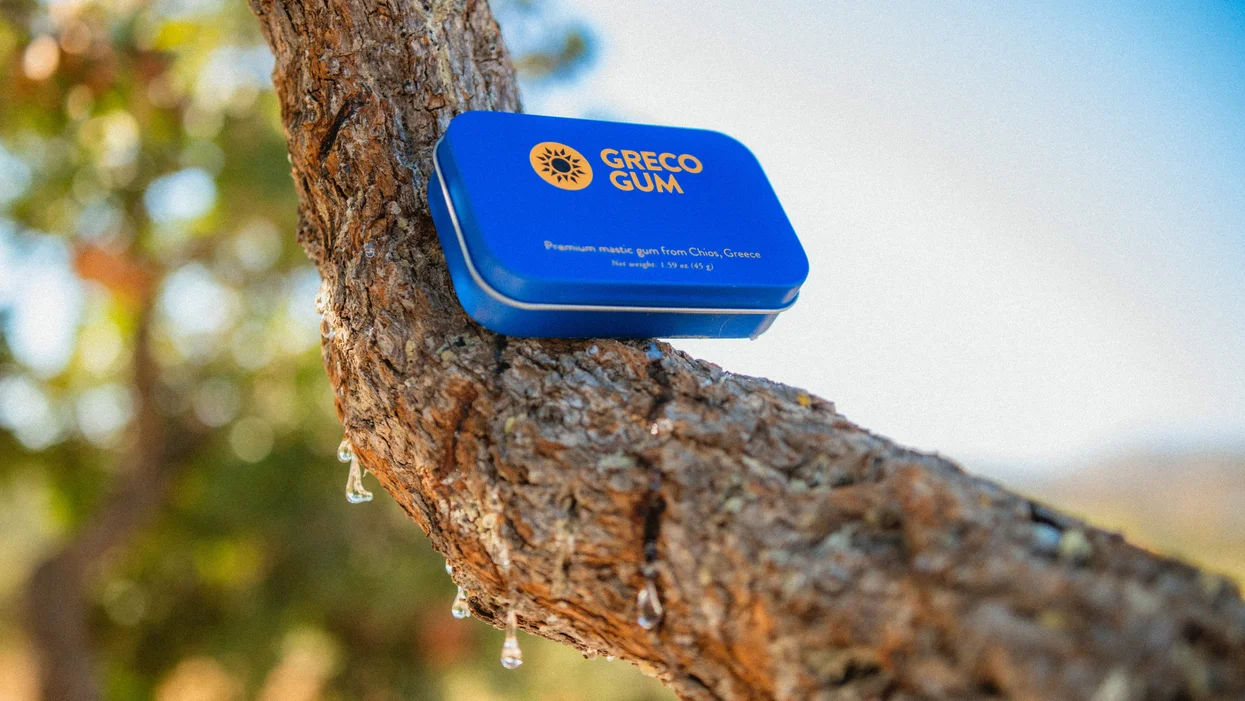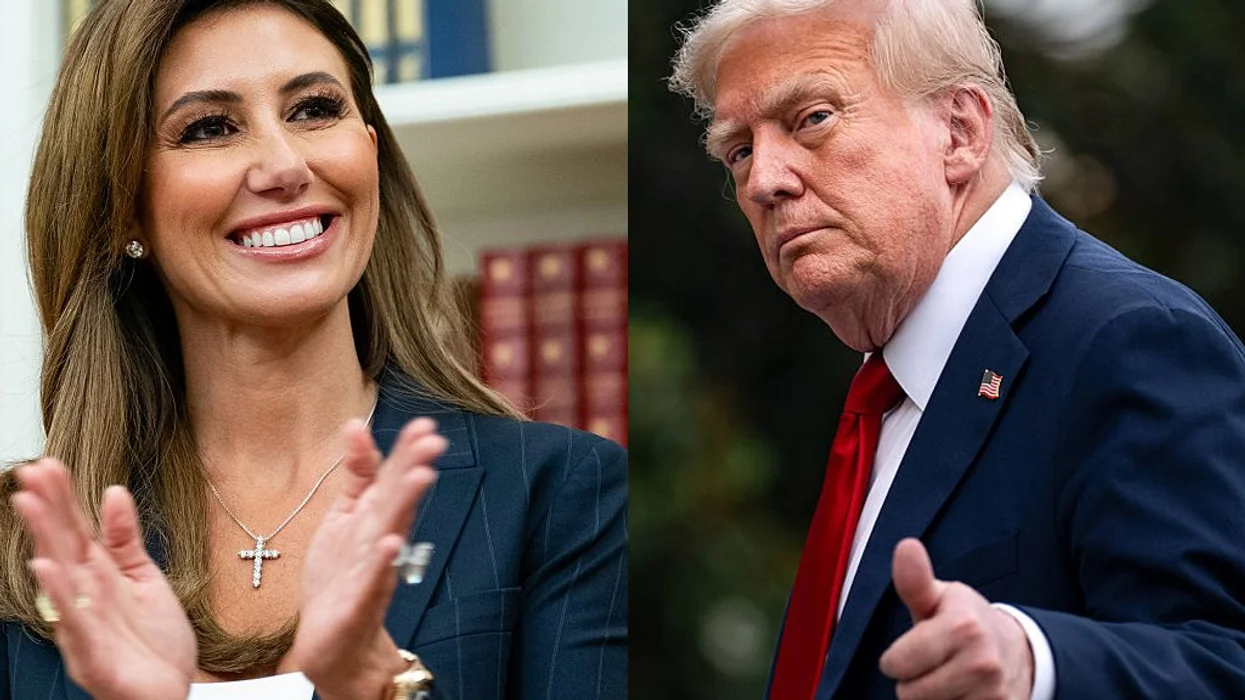It may seem like a run-of-the-mill hearing on the nuisances of copyright law, but the announcement by Sen. Mike Lee (R-Utah) that the Senate Judiciary Committee would hold a hearing on the long standing anti-trust consent decree governing the music industry has sent lobbyists for the record companies working overtime.
Politico recently ran a story entitled "Grammys are singing lawmakers' tune -- Pols who oversee issues critical to the music industry use the awards to fundraise and schmooze."
Fundraising at the Grammys was a bipartisan affair with Republicans Marsha Blackburn (Tenn.) and Darrell Issa (Calif.) joining Democrats Joe Crowley (N.Y.), Linda Sanchez (Calif.), the Judiciary Committee's John Conyers (Mich.) and the head of the Democratic Party Debbie Wasserman Schultz (Fla.) all partying with music industry executives in search of political contributions.
 A 4inch digital audio disc is just one sixth the size of an ordinary LP record and stores its musical information in series of microscopic pits instead of the usual grooves. A player developed by Sony is visible at right, is shown July 2, 1982 in Tokyo. (Photo: AP/Neal Ulevich)
A 4inch digital audio disc is just one sixth the size of an ordinary LP record and stores its musical information in series of microscopic pits instead of the usual grooves. A player developed by Sony is visible at right, is shown July 2, 1982 in Tokyo. (Photo: AP/Neal Ulevich)
For industry executives, the checks come with a number of strings attached. The most critical concerns a consent decree that was entered into with the Department of Justice when Franklin Roosevelt was president. Lifting the agreement between the music industry and the government has been a primary lobbying goal of the recording industry and music publishers and has grown in importance as streaming music becomes an every growing way Americans enjoy their music.
Despite the popularity of streaming music, the music publishers hate it and want to see it put out of business. Internet streaming companies pay over half of all revenue in music royalties, yet the publishers have convinced many musicians they are somehow being ripped off. If Pandora and other streaming companies went out of business tomorrow, the music elites in Hollywood, Nashville and New York would hold a party believing Americans would run back and start buying records and CDs again, -- a more profitable exercise.
Yet consumers would be crushed. The numbers of people listening to music streaming on the Internet is growing every year, yet these music elites want to take out your streaming music and replace it with an old school CD player. They want to go backwards, because with a hammerlock on the music, Big Music can make even more money.
The quirks of copyright law essentially give music publishers control of most every piece of music in existence. Three organization, ASCAP, Broadcast Music, Inc. and the Society of European Stage Authors and Composers refuse to disclose what music they control, forcing radio stations and others to purchase licenses from all three just to play a song on the radio or stream it on the Internet. To ensure these entities can't force rate increases the government required them to sign a consent decree setting up a structure to negotiate royalty rates.
Despite the agreement, the music publishers recently engaged in the same behavior that the consent decree was designed to stop.
Sony, with the encouragement of the National Music Publishers Association withdrew some of their music licenses from Pandora and then refused to tell the company which songs they could play and which song they could not. Playing the wrong song would cost the company $150,000 in fines for every song played. Facing economic ruin, the company went to court and won a rare summary judgment decision in which the judge berated Sony and others for actions that clearly violated anti-trust laws.
Now the lobbyists for the industry are seeking to have their friends in government just tear up the consent decree, leaving them to act in a manner that has been prevented since before World War II.
The music industry hopes their political contributions and contrived friendships with politicians will put more cash in their pockets but the impact of their policies would have a negative impact on tens of millions of Americans. With streaming sites giving up the bulk of their revenue to royalties already, a politically imposed boost will push these companies on the edge of bankruptcy.
Sen. Lee is correct is calling this hearing. With a White House giving away the store to political friends, allies and donors, it's not hard to image that tearing up the consent decree for his friends in Hollywood and the recording industry isn't on his shortlist of favors.
If Big Music is allowed to win, then we will all lose.
–
TheBlaze contributor channel supports an open discourse on a range of views. The opinions expressed in this channel are solely those of each individual author.


 A 4inch digital audio disc is just one sixth the size of an ordinary LP record and stores its musical information in series of microscopic pits instead of the usual grooves. A player developed by Sony is visible at right, is shown July 2, 1982 in Tokyo. (Photo: AP/Neal Ulevich)
A 4inch digital audio disc is just one sixth the size of an ordinary LP record and stores its musical information in series of microscopic pits instead of the usual grooves. A player developed by Sony is visible at right, is shown July 2, 1982 in Tokyo. (Photo: AP/Neal Ulevich)





